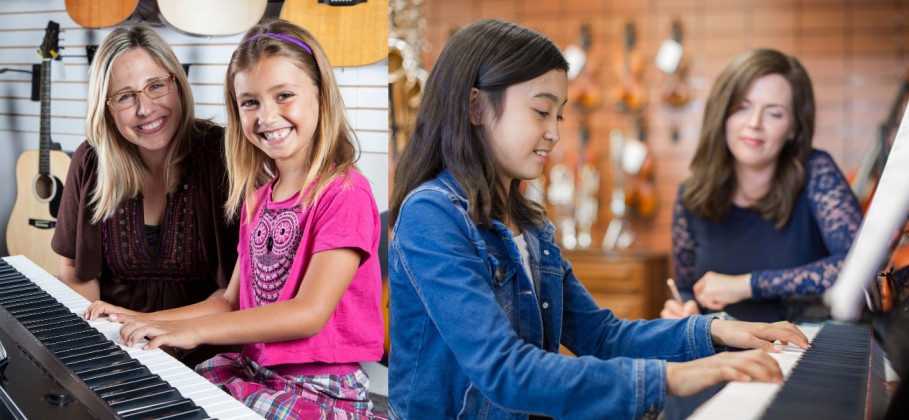Music
Piano Lesson Is Over, Now What?

As a pianist, you’ve likely spent countless hours practicing and honing your skills during piano lessons. You’ve learned to read sheet music, master fingerings, and play beautiful melodies. But what happens once your piano lesson is over? How can you make the most of your practice time and continue to progress as a pianist?
In this article, we’ll explore various activities and strategies that you can incorporate into your routine after your piano lesson to continue your musical journey and reach new heights in your piano playing and electronic keyboards.
5 Activities You Can Do When Your Piano Lesson Is Over
You should do the following activities when your piano lesson is over:
1. Review and Reflect on Your Lesson
After your piano lesson, take some time to review and reflect on what you’ve learned. Go through the notes you’ve taken during your lesson and review any feedback or suggestions from your piano teacher. Reflect on the techniques, pieces, or concepts you’ve covered, and think about how you can incorporate them into your practice routine.
2. Practice Your Homework
Most piano teachers assign homework or practice assignments for you to work on between lessons. These assignments are designed to help you reinforce the concepts you’ve learned and improve your skills. Make sure to dedicate time to practicing your homework, as it will help you progress faster and more efficiently.
3. Set Goals and Track Your Progress
Setting goals is crucial for motivation and progress. After your piano lesson, take some time to set short-term and long-term goals for your piano playing. Do you want to learn a specific piece, master a particular technique, or improve your sight-reading skills? Setting clear and achievable goals will help you stay focused and motivated during your practice sessions. Once you’ve set your goals, track your progress regularly.
4. Explore New Repertoire
While it’s essential to practice the pieces assigned by your piano teacher, it’s also essential to explore new repertoire on your own. After your piano lesson, take some time to research and listen to different genres and styles of piano music. Discover new composers, pieces, or arrangements that interest you and challenge yourself with a new repertoire.
5. Experiment with Improvisation and Composition
Improvisation and composition are essential skills for pianists. After your piano lesson, take some time to experiment with improvisation and composition. Play around with different chord progressions, scales, and melodies. Experiment with different styles, moods, and tempos. Create your musical ideas and express yourself through improvisation or composition.
In conclusion, your piano lesson is just the beginning of your musical journey. To make the most of your practice time and continue to progress as a pianist, it’s essential to review and reflect on your lesson, practice your homework, set goals and track your progress, explore new repertoire, and experiment with improvisation and composition. By incorporating these activities into your routine, you’ll not only reinforce what you’ve learned during your piano lessons, but you’ll also continue to develop your skills, broaden your musical horizons, and express yourself creatively.
Umar Nisar was born and raised in the busy city of Abbottabad. As a journalist, Umar Nisar has contributed to many online publications including PAK Today and the Huffing Post. In regards to academics, Umar Nisar earned a degree in business from the Abbottabad UST, Havelian. Umar Nisar follows the money and covers all aspects of emerging tech here at The Hear Up.
Thanks










